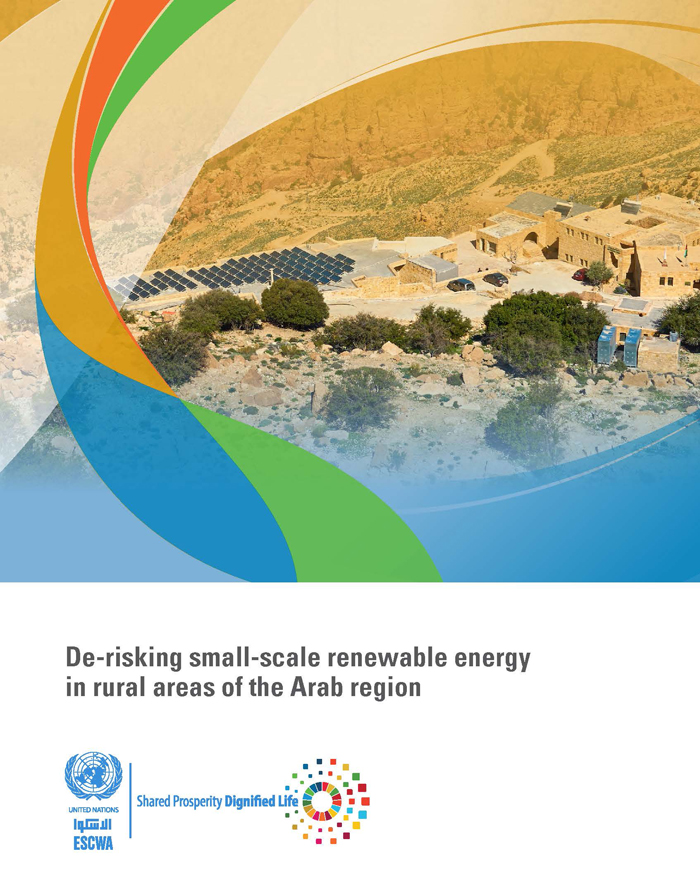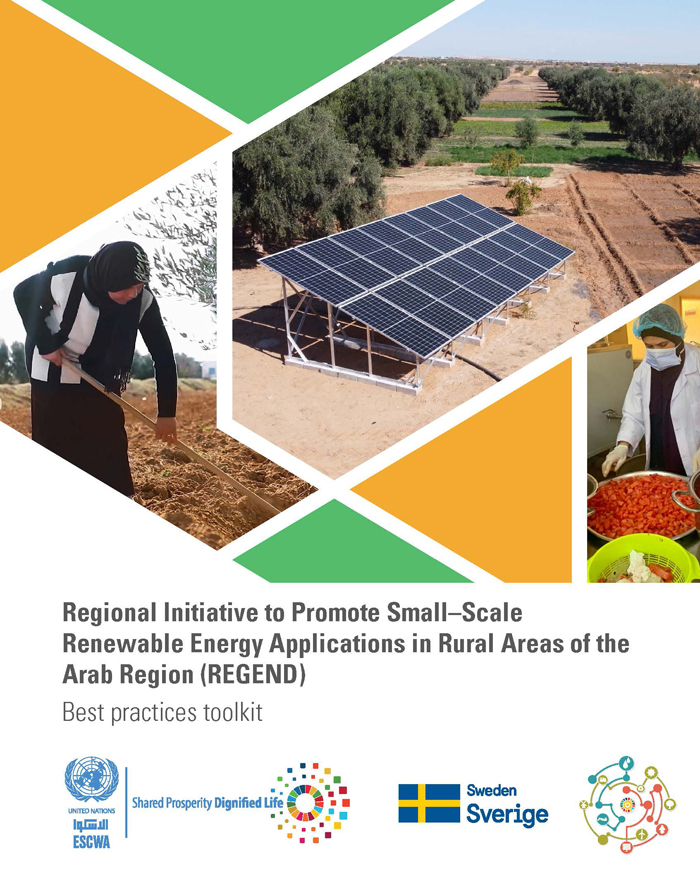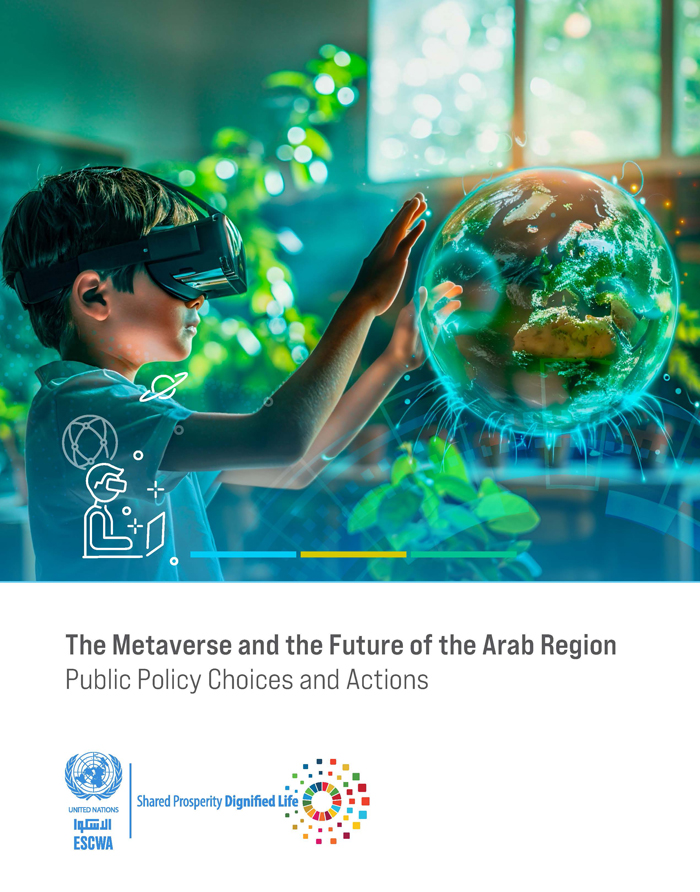
ESCWA Publication: E/ESCWA/SDPD/2014/WG.3/REPORT
Country: Arab region
Publication Type: Meeting reports
Cluster: 2030 Agenda and SDG Coordination
Focus Area: Natural resource sustainability
Initiatives: Supporting Least Developed Countries
SDGs: Goal 16: Peace, Justice and Strong Institutions
Keywords: Arab countries, Conferences, Project implementation, Project management, Public-private partnerships, Renewable resources, Rural areas
Report: National training workshop on the role of public-private partnerships in the implementation of renewable energy projects in rural areas, Amman, 3-4 June 2014
January 2014
The expert group meeting on protracted conflict dynamics and resilience in the Arab region was organized by the Economic and Social Commission for Western Asia (ESCWA) and held in Amman on 21 and 22 May 2015, in cooperation with the West Asia – North Africa Institute (WANA). Participants from the academic world, the private sector, Governments, think tanks and the United Nations discussed the drivers, results of and responses to protracted conflict in the Arab region. They concluded that there were ways of building the resilience of communities caught up in protracted fighting, resolving conflicts through negotiation and power-sharing, and preparing for a more peaceful future. The group argued for an interdisciplinary approach to programming and research and focused on the need to create employment for refugees and returnees, political power-sharing, security sector reform, transitional justice and regional cooperation to address the spillover effects of conflict.
Related content
Natural resource sustainability
,
The expert group meeting on protracted conflict dynamics and resilience in the Arab region was organized by the Economic and Social Commission for Western Asia (ESCWA) and held in Amman on 21 and 22 May 2015, in cooperation with the West Asia – North Africa Institute (WANA). Participants from the academic world, the private sector, Governments, think tanks and the United Nations discussed the drivers, results of and responses to protracted conflict in the Arab region. They concluded that there were ways of building the resilience of communities caught up in protracted fighting, resolving conflicts through negotiation and power-sharing, and preparing for a more peaceful future. The group argued for an interdisciplinary approach to programming and research and focused on the need to create employment for refugees and returnees, political power-sharing, security sector reform, transitional justice and regional cooperation to address the spillover effects of conflict.



